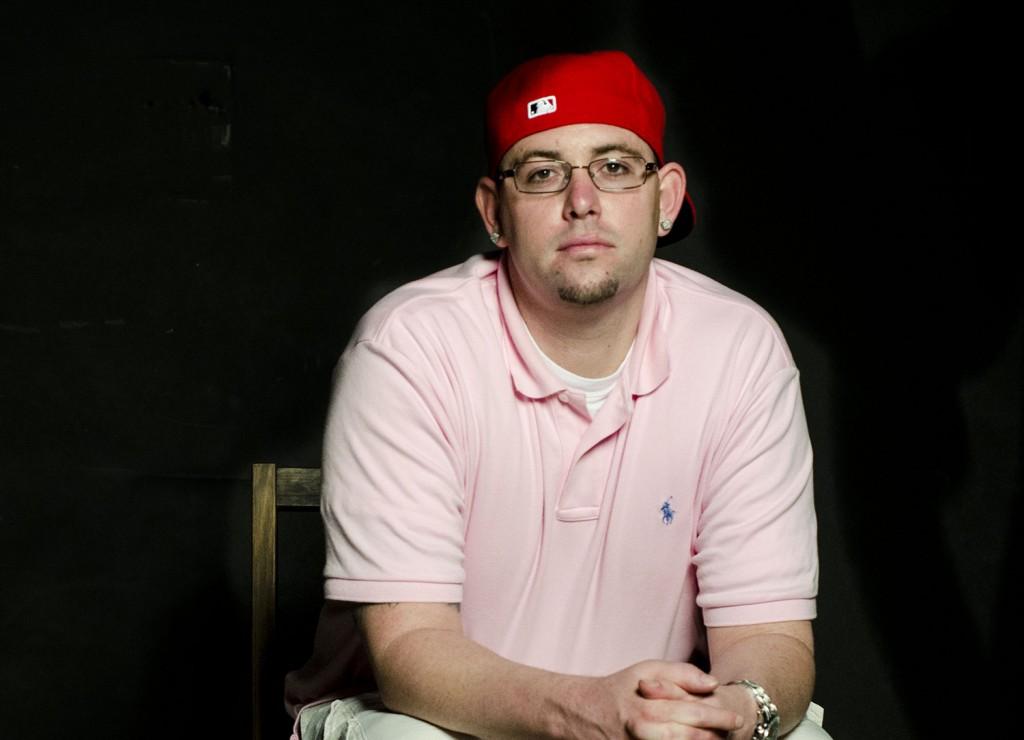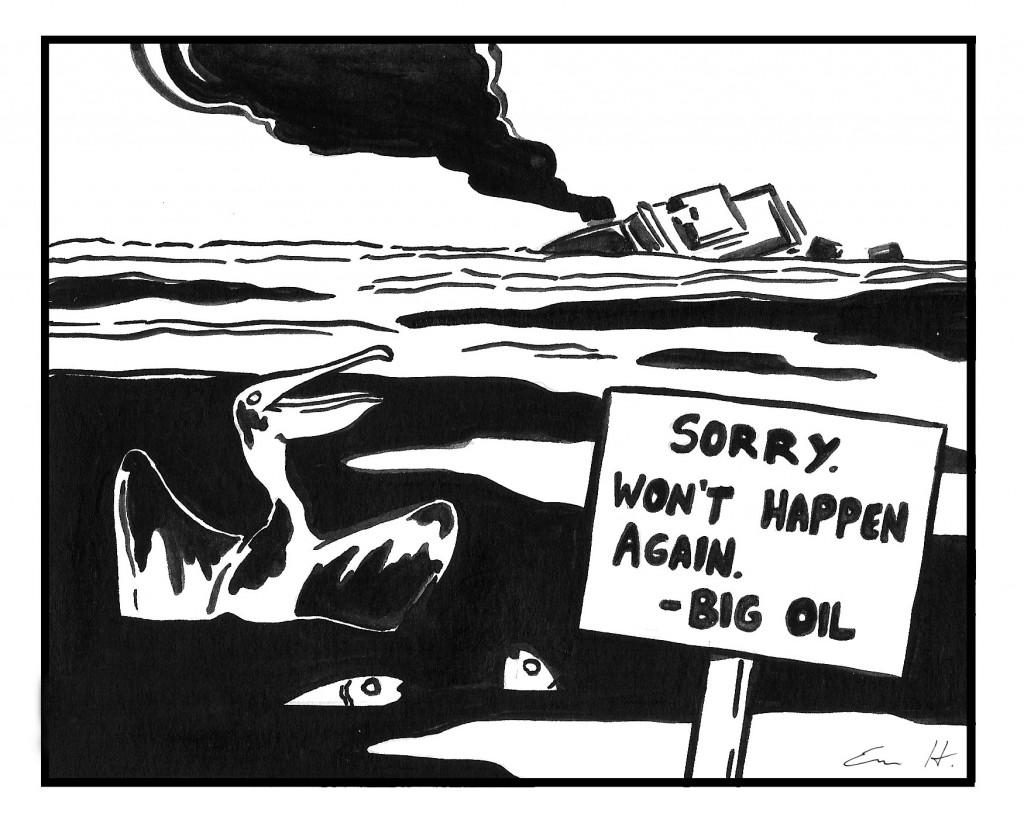By Kenney Kost/editor-in-chief
In this world of instant gratification, people expect immediate results for a number of things, including opiate addiction recovery.
The pharmaceutical company Reckitt Bensicker created Suboxone as an opioid substitute to treat people addicted to heroin and other opiates.
According to Suboxone’s website, the treatment process entails short-term use of the drug to curb withdrawal symptoms along with intensive counseling and behavioral therapy to prevent relapse.
Here’s where the problems begin.
According to online addiction forums, in case after case, addicts go to doctors seeking treatment and are given a month’s supply of Suboxone after a drug test is administered.
Then, they are sent on their way with no discussion of counseling sessions, behavioral therapy or a timetable for ending the treatment. Oftentimes, after the initial visit, patients are only required to check in every other month.
Giving an addict a two-month supply of a narcotic that, according to the product’s website, produces a slight euphoric effect and boosts energy with no real supervision seems a risky proposal.
One major misconception with Suboxone is that users suffer no withdrawal symptoms when they decide to stop treatment. The drug’s information sheet says the product does cause withdrawal symptoms. It also says clinical monitoring is essential, and multiple refills should not be prescribed.
So why are doctors not heeding the warnings? And, what do patients do when they run out of medicine and are back to square one suffering from withdrawal symptoms?
Situations like this lead the addict to begin old habits of seeking out drugs on the street in an attempt to avoid withdrawals, and the cycle starts all over again.
People have attempted to file class-action lawsuits against Reckitt Bensicker for various reasons, including misleading consumers about withdrawal symptoms, misleading doctors about the timetable for treatment and not disclosing side effects such as tooth decay among others, according to a number of news reports. None seem to stick. Maybe doctors need to be the ones investigated?
This is not to say that Reckitt Bensicker and the prescribing doctors are solely responsible for these addictions and the patients are merely victims. People are responsible for their own decisions in the end.
Making the choice to begin any kind of addiction treatment is a huge step in the right direction. However, each individual should do his/her due diligence and research any treatment that is being considered so that no misconceptions arise.
In the end, no matter which treatment one decides on, it still boils down to willpower and truly wanting sobriety. There is no pill for that.





























